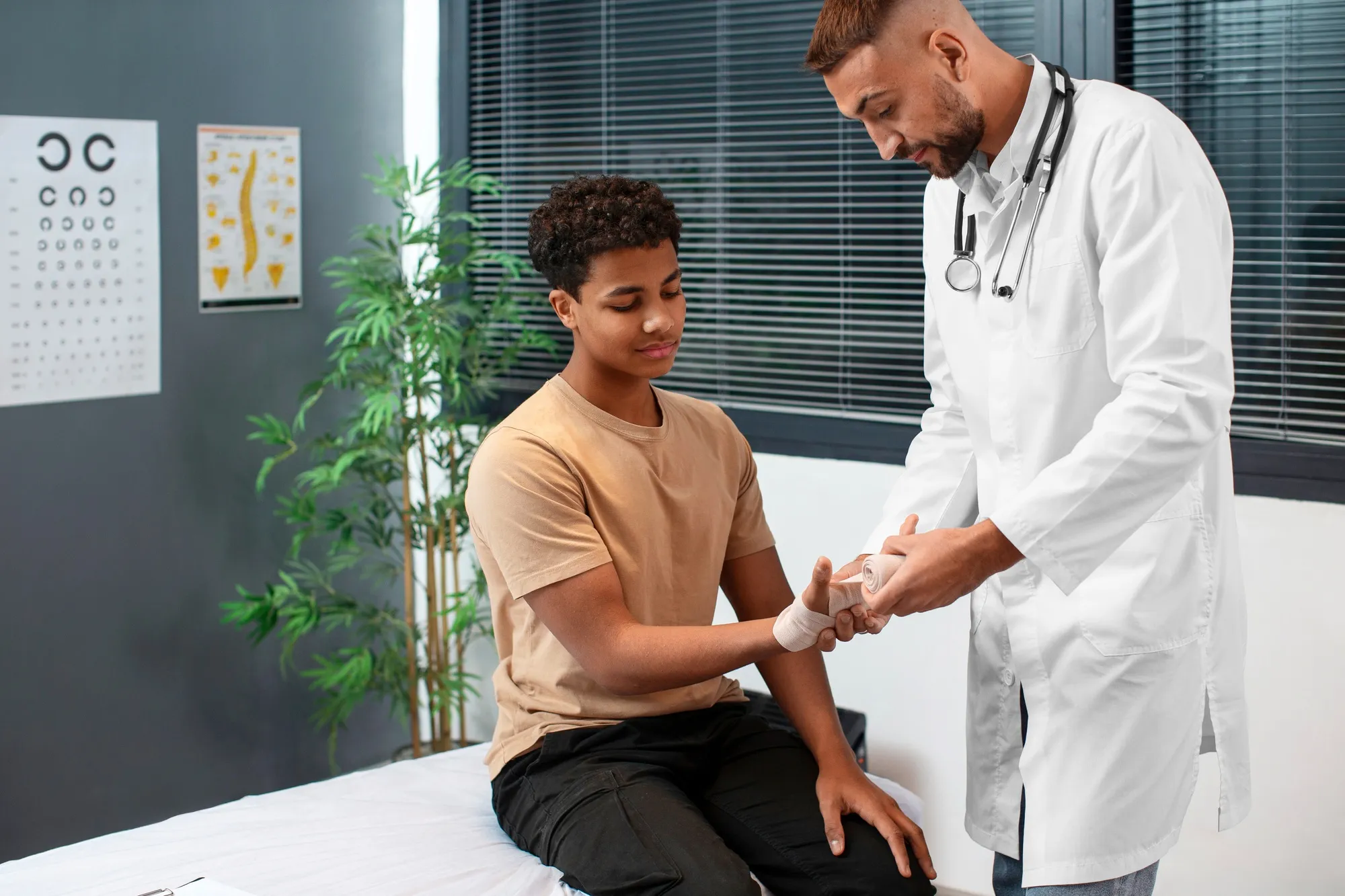In a groundbreaking study published in the Journal of Ethnopharmacology with the DOI 10.1016/j.jep.2024.117770 (S0378-8741(24)00069-2), scientists have unlocked the therapeutic potential of a traditional Miao medicine by applying an indigenous processing technique known as the “sweat soaking method.” The study focuses on Radix Wikstroemia indica (RWI), a herbal remedy widely recognized for its anti-inflammatory properties, investigating the changes in efficacy and underlying mechanisms once the herb has been subjected to this ancient method.
The research orchestrated by Song Xueli alongside Feng Guo, Ren Chenchen, and their colleagues from the Department of Chinese Materia Medica, Guizhou University of Traditional Chinese Medicine, highlights the intersection where traditional practices meet modern scientific understanding. Their work emphasizes the harmonization of ethnopharmacological traditions with cutting-edge network pharmacology, metabolomics, and pharmacodynamic studies.
The sweat soaking method, as the study describes, is a unique approach of processing raw, medicinal herbs that is believed by Miao practitioners to amplify their therapeutic effects. The process involves wrapping the herbs in layers of fabric to induce “sweating,” which is said to change the herb’s properties. For centuries, the nuances of such practices eluded scientific explanation, but with the aid of contemporary research methodologies, researchers are now beginning to unravel the mysteries.
Network pharmacology technology, a comprehensive tool that illuminates the interaction between drugs, their components, and biological networks, was employed to construct a “drug-component target-pathway-disease” network related to RWI. This approach identified eleven key anti-inflammatory targets, including IL6, IL-1β, TNF, and others, and implicated various pathways like the PI3K-Akt signaling pathway and steroid hormone biosynthesis in the herb’s effects.
The team induced arthritis in rats using collagen to simulate human inflammatory conditions, then treated them with both raw and processed RWI. Through a meticulous observation of indicators such as body weight changes, foot pad swelling, arthritis index, and inflammatory cytokines levels (IL-1β, IL-2, IL-6, IL-10, TNF-α, and NO), the researchers painstakingly quantified the anti-inflammatory effects of RWI.
Metabolomics – the large-scale study of small molecules within cells, biofluids, tissues, or organisms – was a critical component of the study. By analyzing plasma and urine samples from the rats, the scientists uncovered 41 potential anti-inflammatory pathways associated with raw RWI and 36 linked to processed RWI. They found that both forms of the herb acted on common pathways such as arginine and proline metabolism, among others, yet something distinct happened once RWI underwent the “sweat soaking method.”
The processed RWI exhibited an enhanced anti-inflammatory effect, suggesting that the method altered the herb’s pharmacological properties somehow. The details of this potentiation remain partially veiled, but the research team has shone a brilliant light on the shadows of traditional medicine, offering both empirical evidence of RWI’s benefits and an intriguing scientific basis for the “sweat soaking method.”
Referring to the importance of this research, Song Xueli commented that “Understanding the science behind traditional methods not only validates ancestral knowledge but also opens new paths for innovation in modern drug development.”
The study holds significance for the broader pharmaceutical and healthcare industries, especially as the search intensifies for natural and alternative medicines with fewer side effects than synthetic drugs. The emergence of RWI and methods like the sweat soaking technique underscores the importance of preserving and understanding traditional practices.
References
1. Song, X., Feng, G., Ren, C., Li, W., Liu, W., Liu, G., … & Hou, J. (2024). Study of the mechanism underlying the anti-inflammatory effect of Miao medicine comprising raw and processed Radix Wikstroemia indica using the “sweat soaking method”. Journal of Ethnopharmacology, 324, 117770.
Keywords
1. Radix Wikstroemia Indica Anti-inflammatory
2. Sweat Soaking Method Traditional Medicine
3. Network Pharmacology Ethnopharmacology
4. Metabolomics Herbal Medicine Research
5. Miao Medicine Inflammation Treatment
For additional details and access to the full study, please refer to the article using the DOI provided: 10.1016/j.jep.2024.117770
Copyright © 2024 Elsevier B.V. All rights reserved.
As this news article encapsulates the astounding synergy between traditional remedies and modern pharmacology, it marks a seminal step forward in the ongoing quest to reconcile humanity’s ancient wisdom with the impressive capabilities of scientific innovation.
